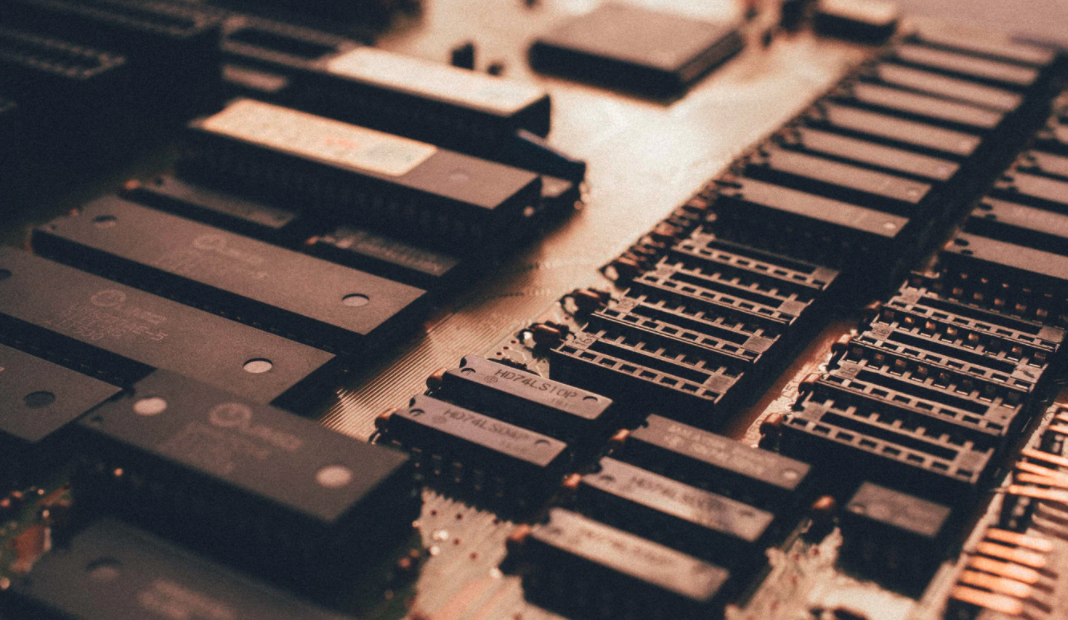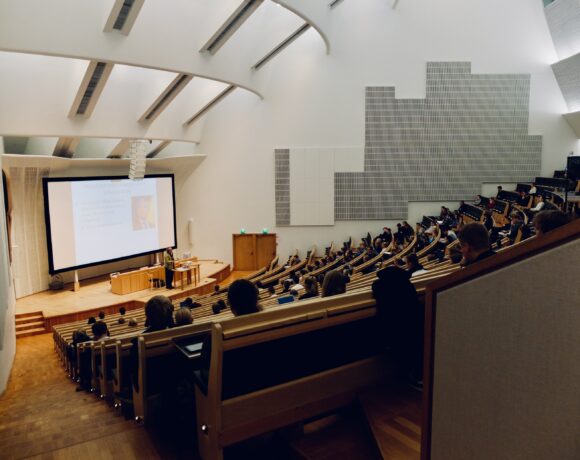With its combination of academic excellence, research labs, and world-leading technology companies, Ireland makes for a thriving place for deep tech – a term that refers to scientific or engineering advances in areas such as artificial intelligence (AI), robotics, and IoT (internet of things).
A subject of particular focus within deep tech is quantum computing; quantum computers are extremely powerful machines that have potentially superior processing power over conventional computers. IBM, which has a long history in the area, is contributing to Ireland becoming quantum ready as a founding member of a new consortium known as QCoIr, or Quantum Computing in Ireland.
“One of the key aspects that we’re working towards here is making Ireland part of the emerging quantum computing ecosystem … and also to help with upskilling of developers and researchers in quantum computing, so that as this technology matures, we can take advantage [of it] and [so can] different groups in Ireland — academia and industry,” says Martin Mevissen, a senior manager in AI and quantum, and master inventor at IBM in Ireland.
The three-year partnership launched in October, with academic as well as business partners on board. Mastercard joined the consortium in the hope of creating fintech applications that helps its customers make decisions with greater speed and accuracy, and minimal risk.
Other potential applications for quantum computing IBM is exploring with partners are in logistics, for example in routing and scheduling vehicle fleets, and it could also be applied in calculating financial risk in parts of the stock market.
Mevissen — who is German and moved to Ireland to work at IBM Dublin research lab a decade ago, attracted by its “exciting” environment — says the country has an ideal mix of businesses, labs, and academia.
“[IBM has] worked in quantum computing for a long time” he says. “What we are trying to achieve here is how do we make the different technologies accessible.” To that end, IBM has made some of its work open source via its quantum computing Qiskit software.
How AI fits in
AI is also a focus for IBM Research Ireland, including a collaboration with Dublin’s Mater Hospital that uses cutting-edge technologies to analyze cancerous tissue and reduce complications. Indeed, AI is a key part of the deep-tech sector in Ireland as a whole: The Dock, Accenture’s global research and development (R&D) center, opened in Dublin’s Silicon Docks in 2017, while Ireland’s top universities launched the SFI Centre for Research Training in AI in 2019, and will produce 120 PhD graduates by 2023.
Microsoft Ireland has had operations in the country for 36 years, and its managing director Cathriona Hallahan says AI is part of a substantial shift in digital transformation in recent times. “The last five or six years have been the biggest technology transformation,” she says. “With cloud services, mobility, IoT and AI … the speed of technological change is phenomenal.” For example, Hallahan is excited by the potential of using technology to help large manufacturers with operational innovation.
In November, Microsoft launched The Garage, an innovation center at the heart of its new €27m engineering hub in Dublin, as well as the creation of 200 new engineering roles. “It’s a space where engineers, developers, creators, artists can come and have the freedom to really innovate, try things, fail, learn from it, experiment,” Hallahan says. Through The Garage and its annual hackathon, Microsoft employees are empowered to develop innovative solutions to a range of societal problems. Most recently, the team developed an app to locate and identify homeless people and then share that information with charities that can help them.
Furthermore, the company has established an Alliance for Good initiative that brings customers together to solve societal and environmental problems.
The startup scene
Along with the larger tech firms, Ireland also has a thriving startup scene – indeed deep tech venture investment alone reached €800 million between 2015 and 2020, making it among the top 10 places in Europe for funding.
In February 2021, some of the largest tech companies in Ireland — including Stripe, Intercom, and Workday — teamed up with the University of Limerick for a new immersive software engineering program. According to the Irish Times, the course was developed in conjunction with companies that focus on drone delivery, voice tech, and accident prevention technology and the goal is to make Ireland the leading educational hubs for computer science.
Trinity College Dublin launched a “world-class” AI accelerator program in February 2021, choosing 10 startups that will be nurtured through the initial growth process. Named Alsessor, Ireland’s minister for trade promotion, digital and company regulation Robert Troy says it sits at the “crossroads of higher education, industry and research.” Startups in the program include a health risk platform for medics, and an AI-platform to prevent diseases. AI tech company Altada is a partner – and the business itself was helped by a Cork-based accelerator during its early stages. It will support “bleeding-edge innovations in AI,” according to Altada co-founder Allan Beechinor.
In December, the Tyndall National Institute, one of Europe’s leading tech research centers, launched a pre-accelerator for deep tech start-ups that work in agriculture, transport, health and sustainability, with the program running until May. The institute has also added a lab in Dublin that will look at future deep tech in wireless communications and is set to create innovations in “next-generation IoT communications, Wi-Fi, 5G, 6G and beyond,” the institute said in February. And Taoiseach Micheál Martin, who was shown Tyndall’s groundbreaking electron beam lithography lab in September, said: “With facilities such as Tyndall, underpinned by Government investment, Ireland’s high-tech future is secure.”
Find out more about why Ireland is the right place for deep-tech investment.
This post was created by Insider Studios with IDA Ireland.













